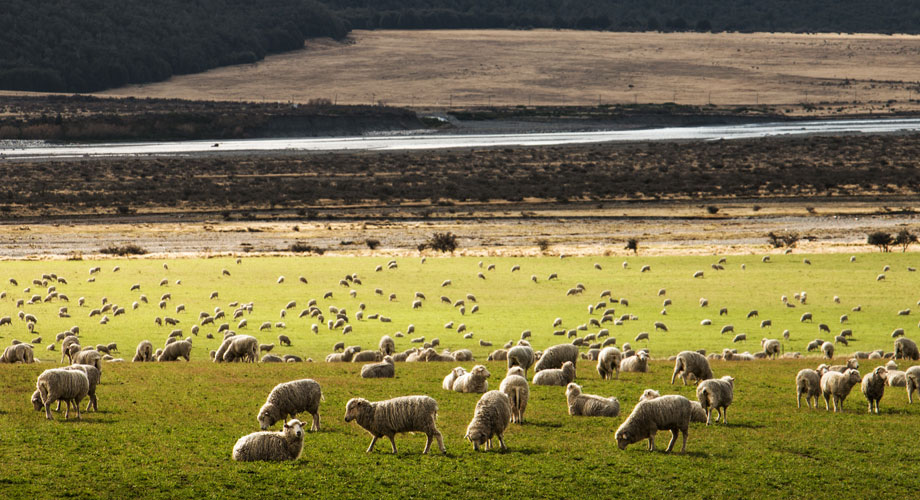The Interim Climate Change Commission (ICCC) has released a suite of reports on reducing agricultural greenhouse gases, including research from BERL.
BERL partnered with the Federation of Māori Authorities (FOMA) to produce a report for the ICCC. The research focused on what is needed to ensure education, training and extension services for Māori land owners, land managers, and staff are suitable to support reducing agricultural emissions.
There are systemic pipeline issues around Māori youth engagement in science and science-related subjects, including agriculture and horticulture, in secondary and tertiary studies. We found extension services are generally not measuring engagement with Māori, including land owners, managers and staff, beyond a limited number of specifically targeted programmes.
The current mainstream models of agricultural education, training and extension services may not be fit-for-purpose for Māori needs.
It is also questionable whether the capacity and capability exists to assist land owners to diversify land use, where the land is able to support such changes.
Recommendations in the report included:
- Ring-fencing a significant and protected proportion of any funds arising from climate policy proposals to assist Māori land owners to determine and implement their climate change responses
- Providing ongoing funding to support programmes to operate sustainably
- Enabling bespoke agricultural training and extension solutions to be developed by Māori for Māori
- Undertaking further research to better understanding pipeline issues regarding low Māori engagement in mainstream agriculture and horticulture education and training.

We also prepared supplementary advice on greenhouse gas costs and benefits on Māori and iwi land. We noted that Māori land owners have less ability to change land use, and less ability to change farm systems, given the combination of management capabilities and diverse governance arrangements, than those reflected in example farms in another study.
To read the BERL research and other agriculture inquiry reports, visit the ICC website.